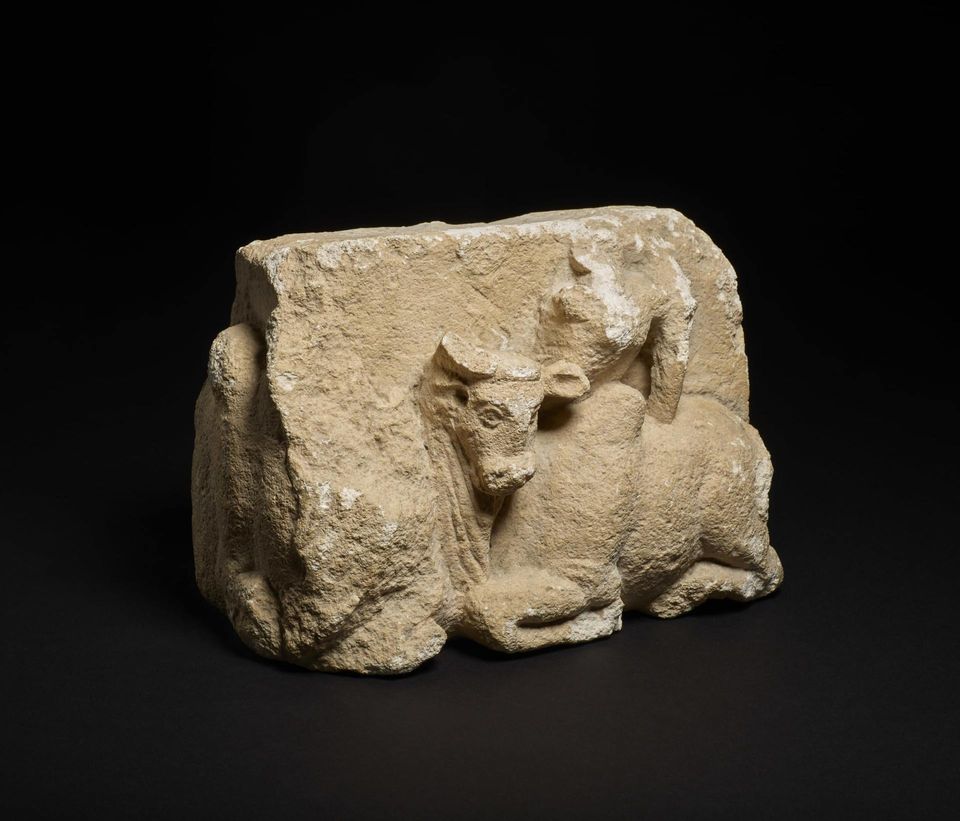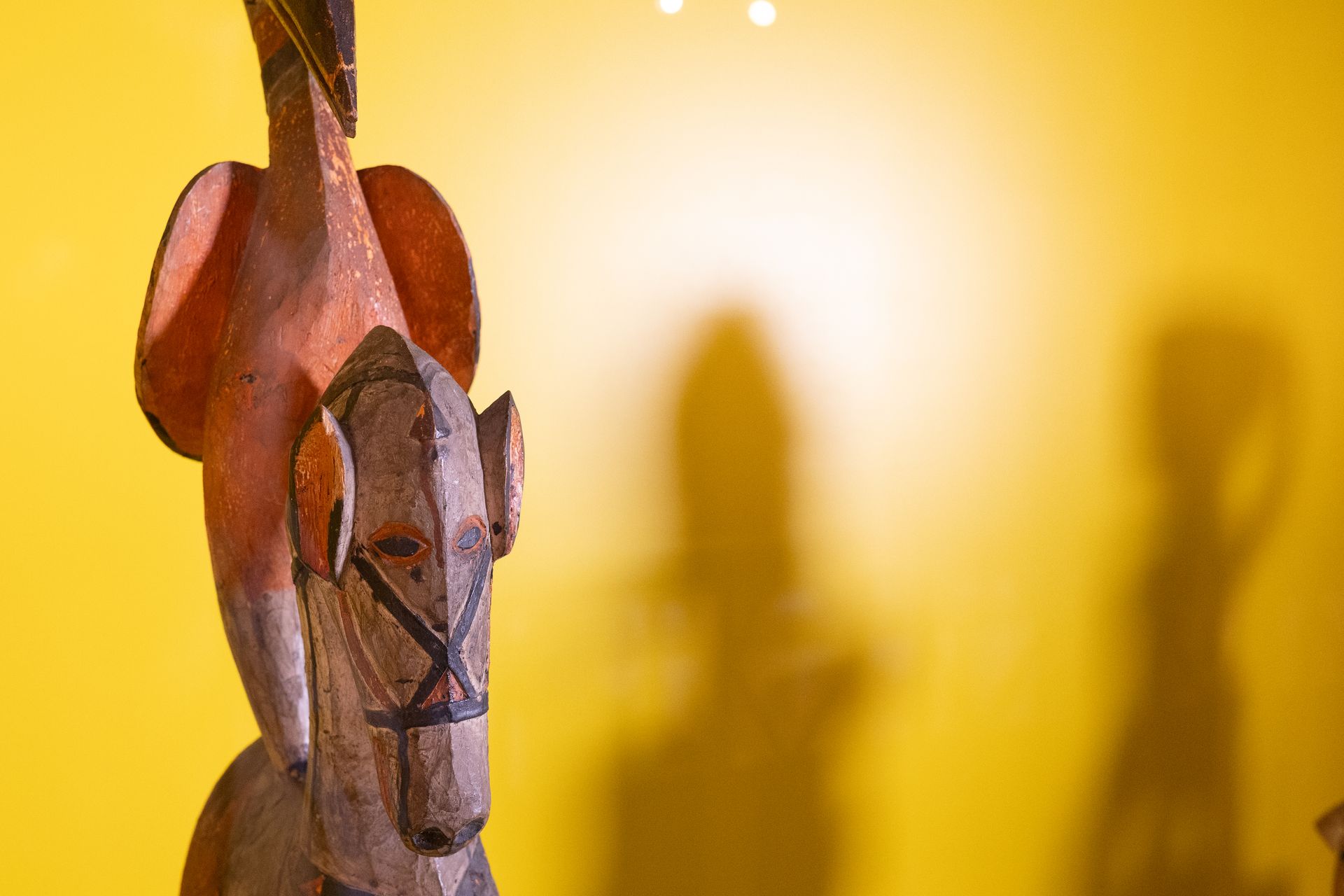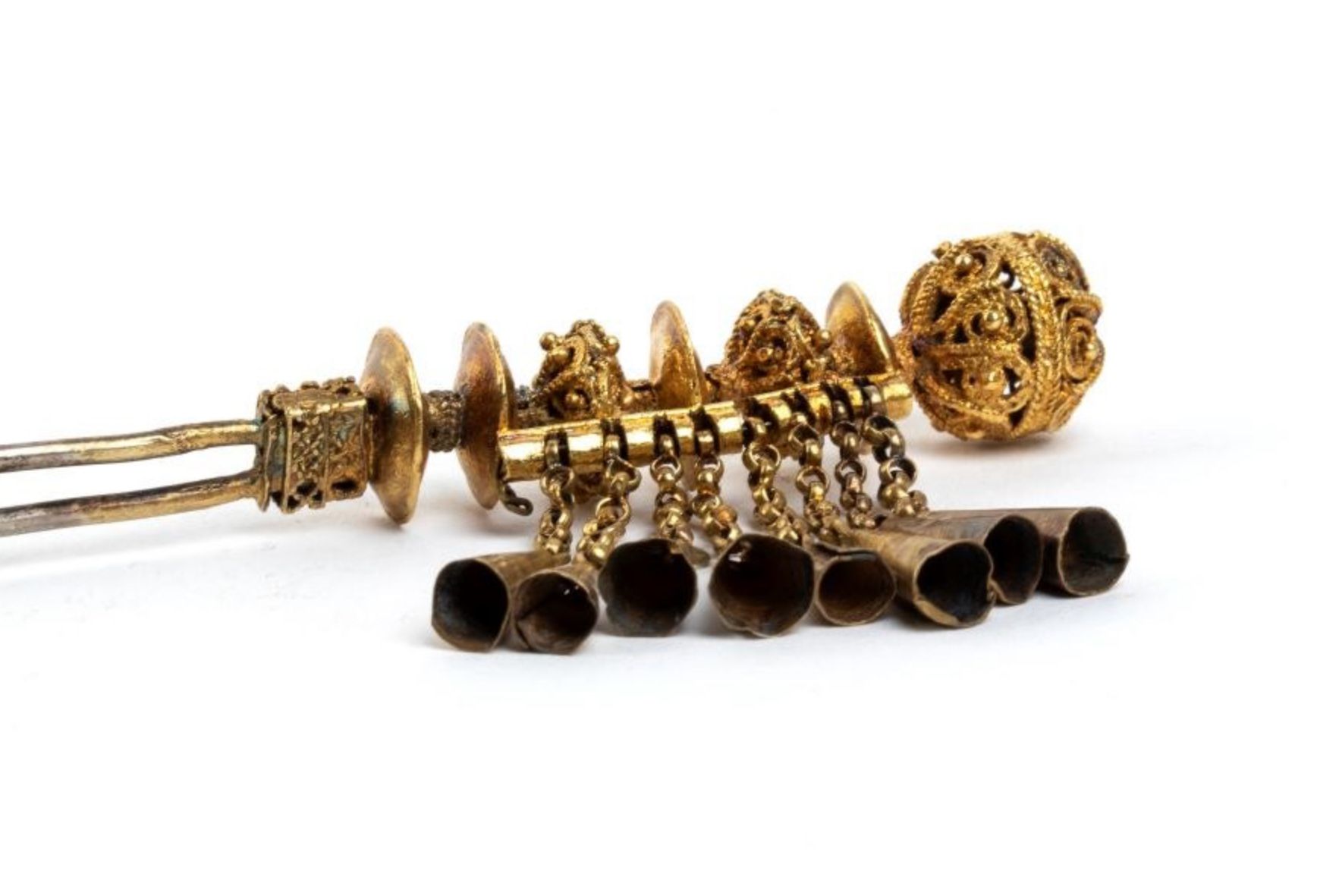Cultural Restitution
SHARE ARTICLE
A routine check by the Art Loss Register of an online auction house TimeLine Auctions in late 2019 led to the discovery of an important Kushan sculpture, probably stolen from the National Museum of Afghanistan during the Afghan civil war (1992-1994).
The 2nd century A.D. carved limestone corner block was brought to the attention of the British Museum, who identified it as part of a frieze depicting human figures and bulls engaged in some kind of ceremony. The sculpture had been excavated by a French archaeological team (Delegation Archeologique Française en Afghanistan) during the 1950s at the important site of Surkh Kotal (Ancient Bactria). The site is one of the most important known from the Kushan Empire that ruled from the 1st to 4th centuries A.D.
Working closely with officials at the National Museum of Afghanistan and the Metropolitan Police’s Art and Antiques Unit, the British Museum has been safeguarding the block, which will be placed on public display at the Museum for a few months before being returned to Kabul, where other recovered blocks stolen at the same time are already on exhibition.
The discovery represents another success for the Art Loss Register (ALR), which held details of the stolen block on its database and recognised the sculpture in an online sale held by UK auction house, TimeLine Auctions. Hundreds of other archaeological objects from Afghanistan are registered on this database, including objects either still in situ on heritage sites or held in museum collections. The database is part of ALR’s international efforts to fight the illicit trade in cultural property.
It also provides more evidence of the important role the British Museum is playing in helping to reconstruct the rich cultural heritage of Afghanistan after decades of conflict, destruction and loss.
In July 2019 we reported the Museum was returning a collection of Taliban-looted 4th century Gandharan sculptures to Kabul. This year the Museum is also setting out to highlight the destruction by Daesh (the so-called Islamic State) of another ancient Middle Eastern culture, this time in Iraq. This is the subject of a special touring exhibition, Ancient Iraq: new discoveries , which will visit Newcastle and Nottingham during 2020.
Since 2009, the Museum also says it had identified and returned over 2,300 antiquities of all periods, illegally excavated at sites across Afghanistan and trafficked abroad, but seized and investigated by the UK Border Force, Her Majesty’s Revenue and Customs and the Metropolitan Police Service.
“The Museum works extensively with law enforcement agencies and a wide range of other partners to try to combat the trafficking of illicit material from countries which have suffered so much from conflict in recent years,” said Hartwig Fischer, Director of the British Museum.
Fahim Rahimi, Director of the National Museum of Afghanistan, has thanked the British Museum for their co-operation and hopes that “not only customs, but also museums and other private collections, will continue to help us return objects from Afghanistan in this way”.
Photo: A 2nd cent A.D. Kushan carved limestone sculpture from the temple site of Surkh Kotal in northern Afghanistan
Courtesy of © The Trustees of the British Museum
More News




